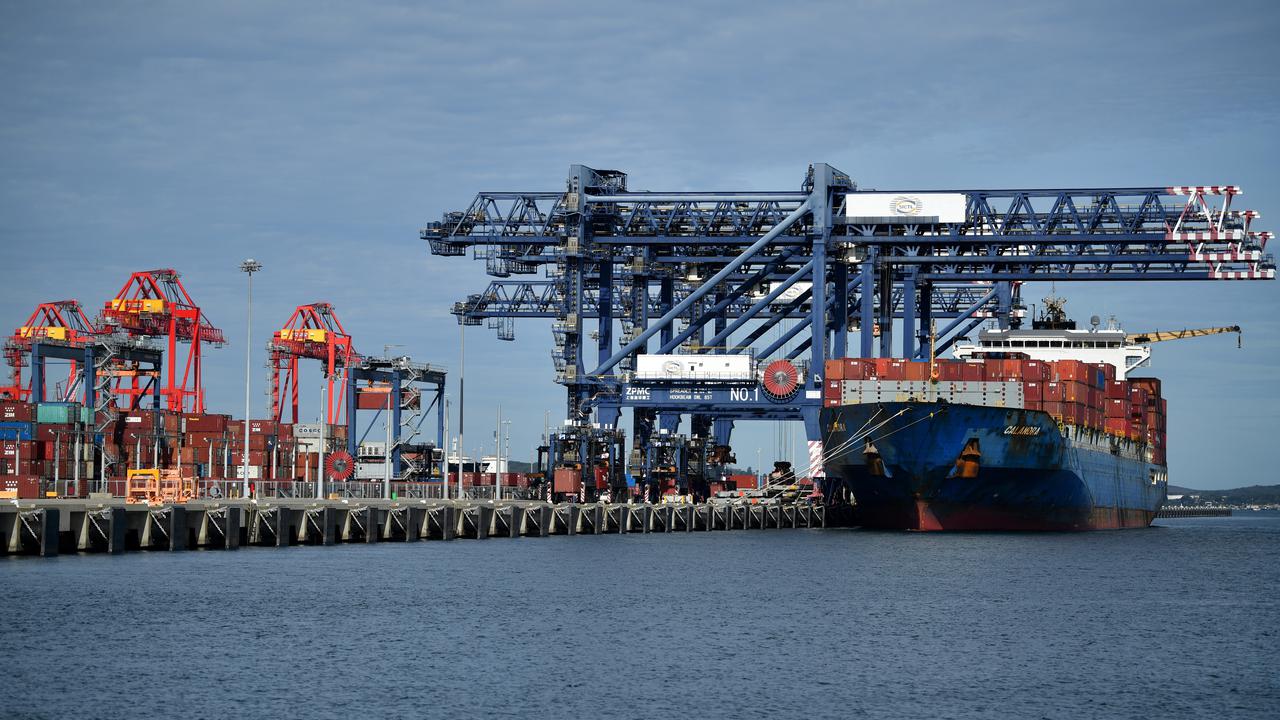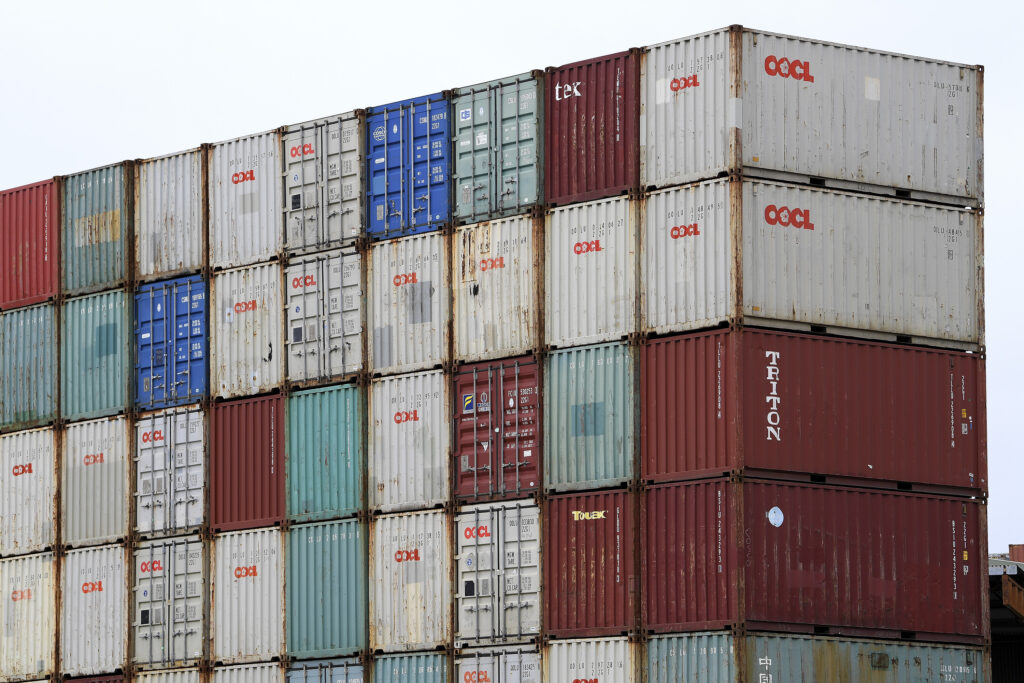
SYDNEY — An Australian judge ruled against the allegations that the New South Wales government and the owner of its largest container port struck an anti-competitive deal stymying any chance of a new player entering the fray.
Australian Competition and Consumer Commission, the competition watchdog alleged the owner of Port Botany and Port Kembla — New South Wales Ports — signed the “illegal” agreements with the Liberal-National government in 2014.
Judge Jayne Jagot ruled against it on June 29 morning. Australian Competition and Consumer Commission released a statement on the same.
The statement read that the judgment has been made available only to the parties’ lawyers, on a restricted basis, pending resolution of confidentiality issues.
“This judgment provides an enormous hurdle for the Port of Newcastle to develop a container terminal to compete with Port Botany and Port Kembla, because of financial consequences arising from the Deeds,” Australian Competition and Consumer Commission Chair Rod Sims said. “Less competition usually results in higher charges for businesses and consumers.”
The agreements allow New South Wales Ports to be compensated once Port of Newcastle’s container traffic exceeds a specified cap.
The Australian Competition and Consumer Commission had made a complaint against the New South Wales Port in 2018 and the case has been running since then.
The complaint stated that the New South Wales Government privatized Port Botany and Port Kembla in May 2013 and the agreements, known as Port Commitment Deeds, were entered into as part of the privatization process, for a term of 50 years.
The Botany and Kembla Port Commitment Deeds oblige the State of New South Wales to compensate the operators of Port Botany and Port Kembla if container traffic at the Port of Newcastle is above a minimal specified cap.

That cap equates to about one percent of Port Botany’s annual container traffic.
The deal was struck about the same time as the government privatized the Port of Newcastle – the world’s largest coal export port and the country’s third-largest port by volume.
The amount of compensation effectively prevents or hinders any new owner of the Port of Newcastle from developing a container terminal, the Australian Competition and Consumer Commission has alleged.
New South Wales Ports has denied the competition watchdog’s key allegations, including those concerning the purpose and effect of the agreements.
It also filed a cross-claim against the Port of Newcastle owners over the compensation deal.
“We took this action to remove a barrier to competition in an important market, the supply of port services, which has a significant impact on the cost of goods paid by Australian consumers. Such barriers damage Australia’s productivity performance,” Sims said. “We will carefully consider the judgment.”
New South Wales Ports is owned by an investor consortium comprising industry superannuation funds including Australian Super, Construction and Building Unions Superannuation (Cbus), Health Employees Superannuation Trust Australia (HESTA), HostPlus and Q Super.
(Edited by Vaibhav Pawar and Praveen Pramod Tewari)
The post Ruling In Favor Of The Government On ‘Anti-competitive’ Ports appeared first on Zenger News.

